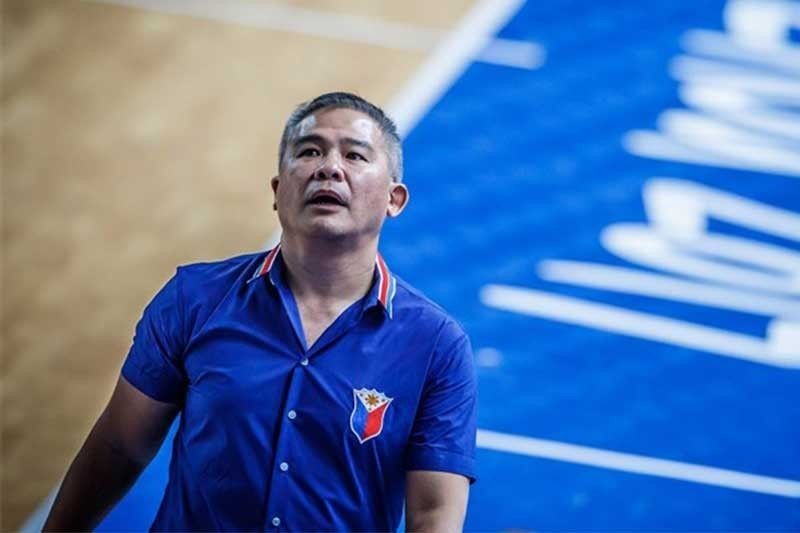Bashers and haters, beware


LONDON – The proliferation of irreverent comments, bashing and hating in social media has led IOC to build a protective wall around 15,000 athletes and 2,000 coaches expected to gather for the coming Paris Olympics with an AI platform called Threat Matrix. It is estimated that the event on July 26-Aug. 11 will draw about 500 million social media posts from all over the world and IOC is determined to stop online abuse that would compromise the sanctity of sports.
In social media, bashers and haters draw attention to themselves by lashing out at athletes, officials, referees and anyone related to the conduct of games. They could be racist or sexist or just contrary to how an athlete performs or what calls a referee makes. It’s not uncommon for an athlete or coach to shut off social media contact in the course of a competition. Comments can be unkind, rude and distracting.
Take the case of coach Chot Reyes who was unfairly castigated and maligned by social media haters after he reassumed the Gilas reins in 2022. He never asked for the job but accepted the call of duty for the country. Reyes was lambasted for failing to bring home the gold at the Hanoi SEA Games. There were even death threats aimed at Reyes’ family. But when Reyes regained the SEA Games throne in Cambodia last year and piloted Gilas to a win over China at the 2023 FIBA World Cup, bashers ignored the achievements. It was rumored that trolls offered Reyes a hefty contract to counteract the negativism and if true, they could’ve been responsible for the bashing in the first place to extort blood money.
What happened to Reyes is precisely the situation that IOC is intent to abort. Threat Matrix has the capability to detect hateful comments and abusive content in 35 languages. It was used at the Rugby World Cup in France last year and caused the prosecution of an Australian for abusing an official in social media with five other cases now under investigation. On top of the AI project is IOC’s Safe Sport Unit headed by Kirsty Burrows.
A target of social media discontent will surely be the Chinese swimmers, who tested positive for a performance enhancing drug, the heart booster TMZ (trimetazidine) before the Tokyo Olympics, and were allowed to compete just the same. Of the 23 who swam in Tokyo despite the positive results, 13 will be in Paris. IOC accepted the explanation that the swimmers did not intentionally take the substance which was consumed allegedly due to food contamination. The 13 swimmers who are qualified for Paris include Tokyo Olympic gold medalists Wang Shun (200m individual medley) and Zhang Yufei (200m butterfly). Five of the 13 will likely be in relay teams. World Anti-Doping Agency (WADA) recently announced it will re-investigate the Chinese doping incident after receiving criticism from athletes, national federations and anti-doping affiliates on the hasty dismissal of the test results.
- Latest
- Trending






























